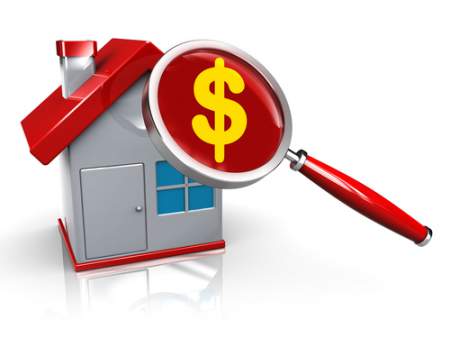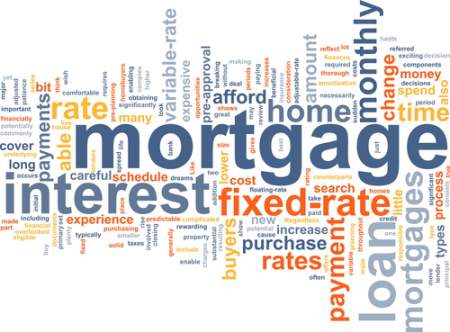When you’re preparing to purchase your starter home, you may be in for an unpleasant surprise if you’re not familiar with closing costs. Closing costs is a term the envelops the fees of all the services provided throughout the real estate transaction. Some of these expenses might seem obvious, while you may not have thought of others before now.
How Much Are Closing Costs?
 You can estimate closing costs at anywhere from one percent to eight percent of the total value of the house you’re buying. Your lender will provide you with an estimated amount for closing costs, and then no less than three days before closing, will supply you with an actual number.
You can estimate closing costs at anywhere from one percent to eight percent of the total value of the house you’re buying. Your lender will provide you with an estimated amount for closing costs, and then no less than three days before closing, will supply you with an actual number.
Are Closing Costs Covered in My Mortgage?
Unfortunately, most lenders do not allow closing costs to be encompassed in the home mortgage loan. However, there are exceptions to every rule. You can always inquire about what options are available to you.
Does the Buyer Always Pay Closing Costs?
Traditionally, the buyer assumes responsibility for the closing costs. It is, though, possible to negotiate those terms in the contract with the seller. But be careful; too many contingencies or special requests could get your offer ousted by one with fewer restrictions.
When are Closing Costs Due?
Closing costs are paid at the end of the transaction during the closing meeting. In most cases, there’s an escrow agent who manages the funds and oversees the processes in the purchase of real estate. For example, your home mortgage loan is held by the escrow agent. On closing day, the escrow agent pays all of the service providers who provided services through this point. Most of those providers work at no upfront cost with the understanding they’ll be paid at the close of the transaction.
What do Closing Costs Include?
 Closing costs in real estate may include but are not limited to:
Closing costs in real estate may include but are not limited to:
Credit Check: Your lender conducts a credit check when processing your loan. Credit reporting agencies charge a fee for furnishing reports which the financial institution pays up front and recoups in the closing costs.
Lending Agent: The loan officer who processed your application receives compensation for his or her efforts, which is paid at the end of the transaction.
Underwriter: Although the loan officer processed your loan request and deemed whether or not you’d qualify for a home mortgage loan, and for how much, the creation of legal contracts governing the loan is considered underwriting, and the underwriter also collects a fee.
PMI: PMI stands for private mortgage insurance. Your lender may require you to obtain private mortgage insurance to protect your loan under certain circumstances, such as low down payment or a high debt-to-income ratio
Legal Services: In some states, legal representation is required in the creation of real estate contracts. When a lawyer is involved, those fees are enveloped into the closing costs.
Title Check: Before a homeowner can legally sell a property, the title to that property must be deemed free and clear of any tax holds or liens. There is a fee for obtaining the title and an additional administrative fee for the person who processes that request.
Title Transfer: The city and/or county charges a fee to transfer the title from owner to buyer.
Surveys: Property lines aren’t always clear, so a surveyor conducts a survey in which boundaries are documented.
Inspector: The lender wants to verify that the house you’re buying is in good condition, so the inspector looks for faulty items in the structure, fixtures, and for pets such as termites.
Appraiser: The financial institution also wants to determine that the house you’re buying is worth the amount of money you’re borrowing, so an appraiser is called in to assess the fair market value of the property.
Real estate Agents: Real estate agents work on commission, meaning they don’t get paid until the deal is done, and their paychecks are determined by the sales price of the property.
Escrow Agent: If an escrow agent is involved in handling money and documents for a real estate transaction, his or her fees are also due at closing.
Conclusion:
If you’re not aware of what closing costs are and how much they’ll be, you could find yourself set back in the home buying process. Talk with your lender and your real estate agent for a clear understanding of closing costs.
Your real estate agent is the best source of information about the local community and real estate topics. Give Shawn McNeal a call today at 360-929-6650 to learn more about local areas, discuss selling a house, or tour available homes for sale.
